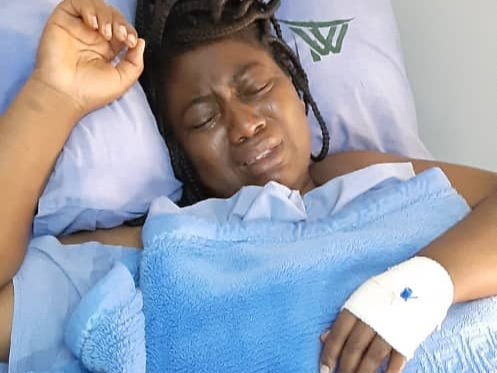
OVER the last two weeks, Zimbabwe has again put itself on the international radar, and for all the wrong reasons.
NewsDay Comment
The abduction of three MDC Alliance activists, including Member of Parliament Joanah Mamombe, and her colleagues in the party, Cecilia Chimbiri and Netsai Marova made international headlines and has put the government, the police and other State security agencies in bad light.
The three were arrested by the police, who confirmed the arrest to three different media houses before the activists went missing. The police then sought to change tack when they could not account for their movements, and when the three were found dumped in Bindura, badly assaulted and alleging sexual abuse in the hands of their tormentors believed to be State security agents.
Zimbabwe has a history of enforced disappearances of government opponents. Statements from the government, particularly President Emmerson Mnangagwa and his Justice minister Ziyambi Ziyambi did not help, and in their remarks appear to think the abductions and attacks are a non-issue, and that their alleged breaking of the law on the COVID-19 lockdown was more pertinent.
What cannot be denied now is that the abduction and Mnangagwa’s insensitive statements on the matter have exposed the government for continuing on the wrong path of resorting to torture of opposition actors.
There has been pressure for Mnangagwa to engage in talks with opposition MDC Alliance leader Nelson Chamisa for a lasting solution, but the Zimbabwean leader appears to have settled for a scorched earth policy against his political opponents.
Chamisa has expressed willingness to talk, but Mnangagwa insists he has a platform set for that under his Political Actors Dialogue, which is proving every day that it is not only a waste of time and resources, but that it has no capacity or will to deal with the problems this country faces.
- Chamisa under fire over US$120K donation
- Mavhunga puts DeMbare into Chibuku quarterfinals
- Pension funds bet on Cabora Bassa oilfields
- Councils defy govt fire tender directive
Keep Reading
Calls from civic organisations, the international community and opposition on reforms to professionalise the police and the army so they stop acting as an extension of the ruling party have gone unheeded.
Since taking office through a November 2017 coup, Mnangagwa has had many opportunities to make peace, choose a progressive path, to be transformational and write his name into Zimbabwe’s history as a leader that actually put the people he leads first and every time, he has chosen the wrong path.
This country is in the grip of its worst economic crisis in a decade, marked by shortages of foreign currency, fuel, cash, food and medicines and the economic fallout from the coronavirus outbreak will exacerbate the situation.
It needs leadership and Mr President, for once, choose the right option. Banditry and savagery are not negotiating tools.











